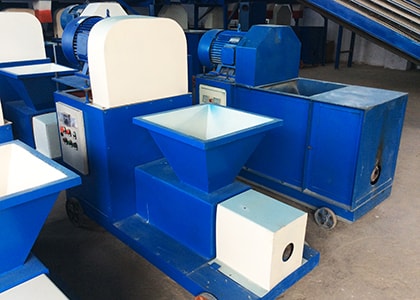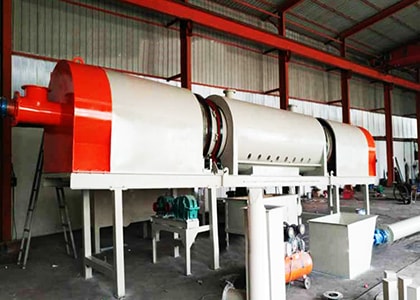Located in the South Pacific Ocean between Chile and New Zealand, Easter Island is a UNESCO World Heritage Site on Chilean territory that is considered the most remote inhabited island on the planet. The waters surrounding the island contain one of the highest concentrations of microplastics in the world, most of which originate from sources thousands of miles away. In addition, 20 tons of trash is produced daily on the island, so waste management issues, especially related to the growing tourism industry, are prevalent.
“Swim Against Plastic: Easter Island” includes a series of beach cleanups to help restore Easter Island's fragile environment. Plastic Oceans and Breathe Conservation are organizing the events with the island's local communities and nonprofit organizations, encouraging all residents to participate.
"The planet needs leaders to draw attention to the serious global plastic pollution problem worldwide—threatening the ocean, our food sources and the environment—to understand the dangers of and change how we think about and use plastic," said Julie Andersen, global executive director for Plastic Oceans International, in a statement. "By showing the world that our most valued and remote locations are not immune to plastic pollution, our goal is to inspire people to find solutions and eliminate use of single-use plastics that attribute to the problem."

Charcoal Machine

Carbonization Furnace

Briquette Machine